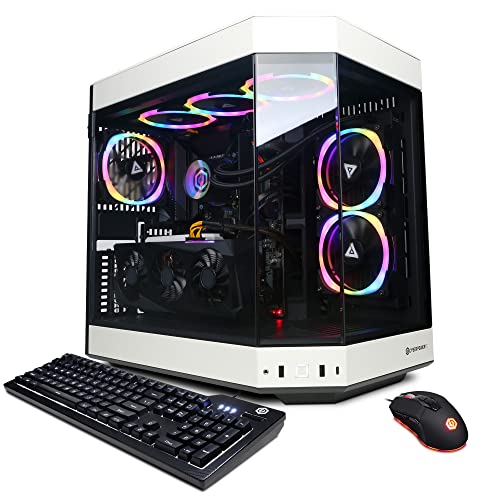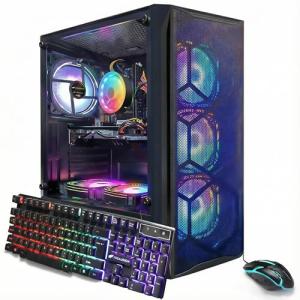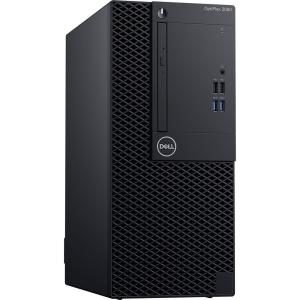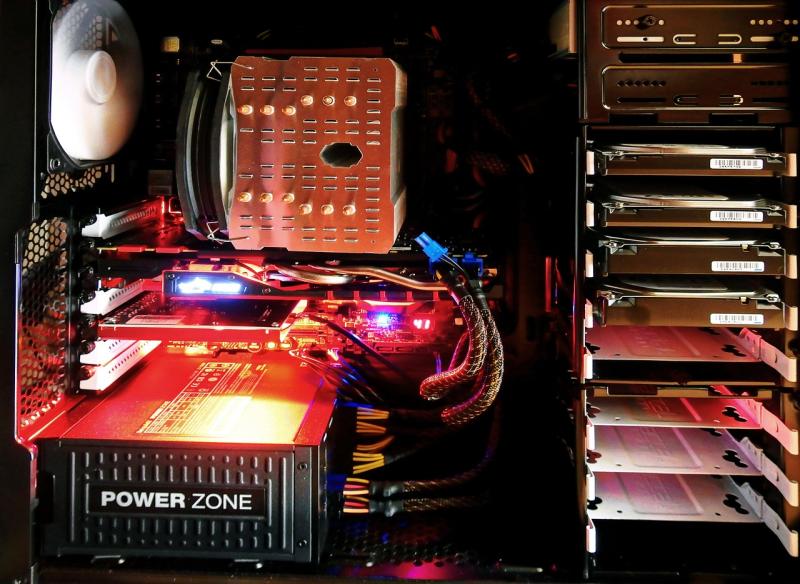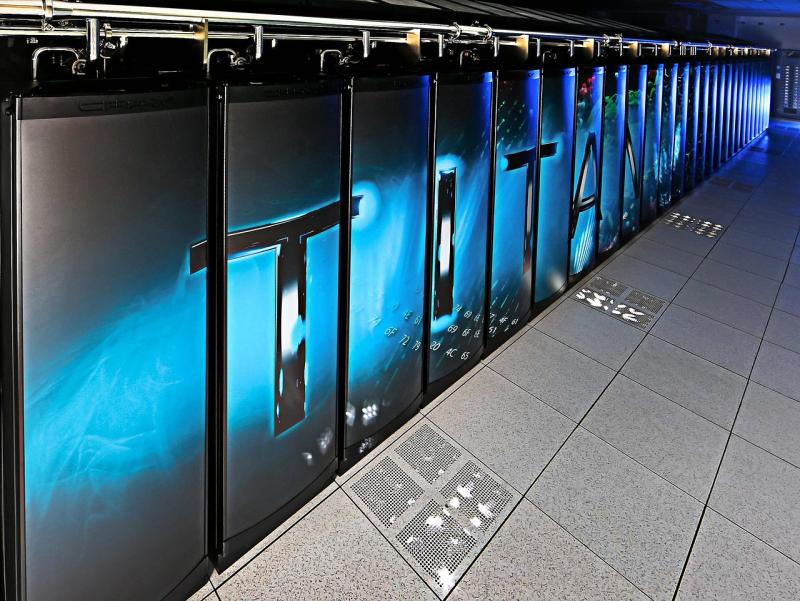**Introduction**
Artificial intelligence is no longer confined to software—it is now deeply integrated into the hardware ecosystem of gaming PCs. AI-powered technologies are revolutionizing everything from real‑time performance optimization to intelligent system tuning. By leveraging machine learning, modern gaming PCs can adapt to dynamic conditions, predict performance bottlenecks, and adjust settings in real time to deliver ultra‑responsive gameplay and stunning visuals. This article explores how AI is bridging the gap between raw hardware power and an adaptive, immersive gaming experience.
**Technological Innovations**
- **AI‑Enhanced Graphics Rendering:**
Advanced GPUs like NVIDIA GeForce and AMD Radeon now incorporate AI‑driven upscaling technologies such as DLSS and FidelityFX that analyze and reconstruct lower‑resolution images to yield higher quality, smoother visuals. This reduces the processing load while delivering near‑native resolution performance even during graphically intensive games.
- **Intelligent System Tuning:**
AI algorithms integrated with motherboard firmware and performance monitoring software dynamically adjust system parameters—such as clock speeds, voltage levels, and fan speeds—based on real‑time usage and workload intensity. This predictive tuning ensures optimal hardware utilization and prolongs component lifespan.
- **Dynamic Load Balancing Between Local and Cloud Resources:**
Hybrid gaming architectures now balance processing tasks between the local machine and remote cloud servers. AI‑powered systems can predict when to offload non‑critical tasks, effectively reducing latency while preserving vivid performance during real‑time gameplay.
- **Adaptive Cooling and Power Management:**
Machine learning models analyze thermal profiles and system stress to regulate cooling in real time. These innovations reduce noise, boost energy efficiency, and maintain stability even as temperatures fluctuate rapidly during intense gaming sessions.
**Applications and Benefits**
- **Enhanced Gaming Performance:**
AI‑driven optimizations reduce lag and frame drops, ensuring that every action in a fast‑paced game is executed smoothly and accurately.
- **Immersive Virtual & Augmented Reality:**
Adaptive algorithms ensure that VR and AR experiences have minimal latency, resulting in more natural and immersive environments that heighten realism.
- **Seamless Streaming and Content Creation:**
With intelligent resource allocation, gaming PCs can maintain high frame rates while streaming in high‑definition, allowing content creators to broadcast without performance compromises.
- **Optimized Energy Efficiency:**
AI‑based controls balance power loads, reducing unnecessary energy draw, which in turn minimizes heat generation and improves overall system stability.
**Future Directions**
As AI continues to evolve, we anticipate even deeper integration with gaming hardware. Future systems may include neural network‑based predictive analytics that automatically tweak performance for upcoming game scenes. Enhanced connectivity and convergence of edge AI with cloud-based gaming networks will further blur the lines between local and remote processing, delivering an even more immersive real‑time experience.
**Keywords:** AI in gaming PCs, AI‑driven performance, DLSS, FidelityFX, intelligent system tuning, adaptive cooling, cloud gaming, virtual reality gaming, AI optimization
The Rise of AI in Gaming PCs
Enhancing Performance and Immersive Experiences
Related Articles
Essential High-Performance PC Components You Need Now
Upgrade your setup with the must-have parts for unbeatable gaming and productivity
Top Picks for Best High-Performance PCs
Find the perfect power machine for gaming, work, or creative projects
Your Guide to the Best High-Performance PCs
Find the Right PC for Your Gaming and Creative Needs
View our related products
See more
